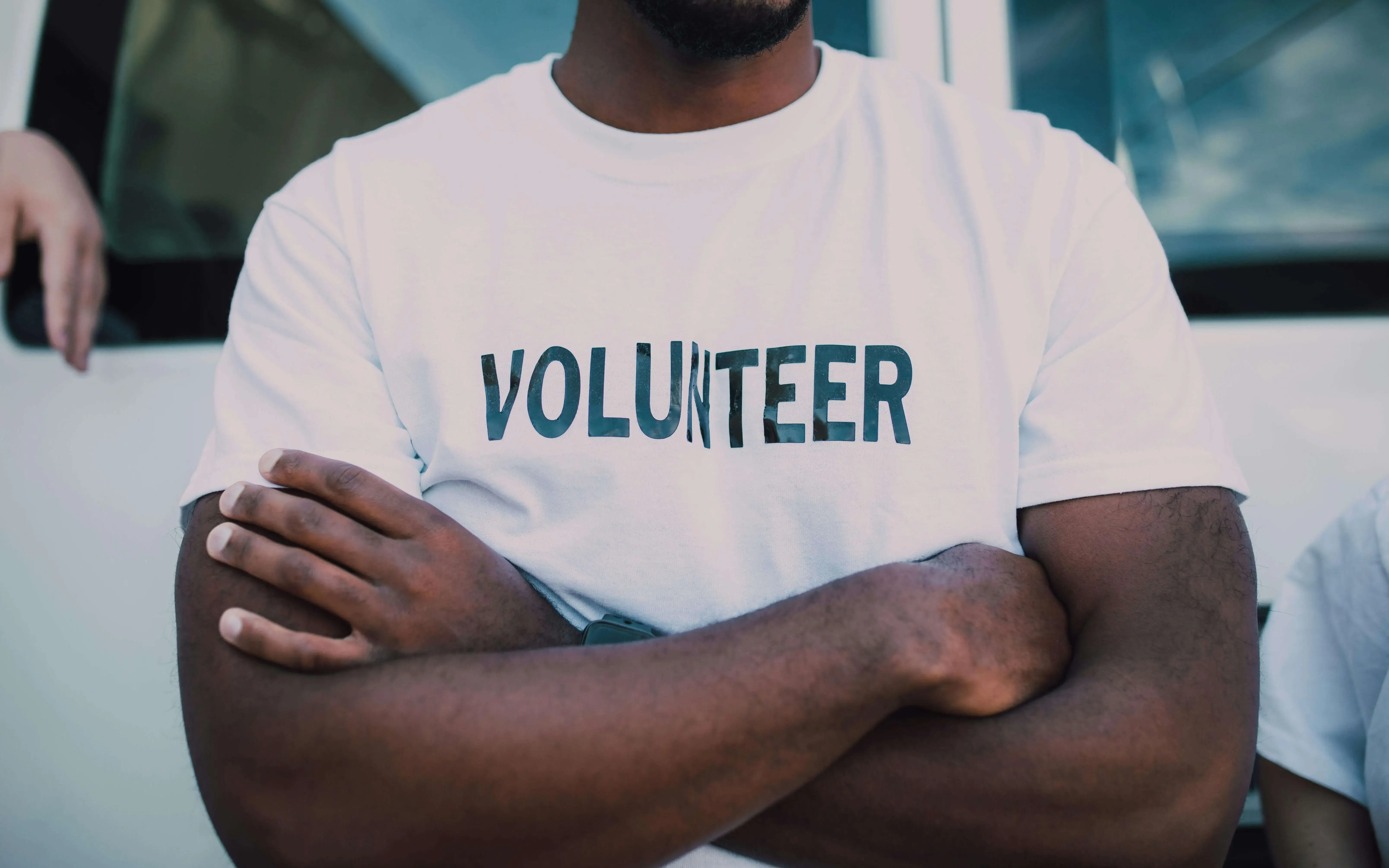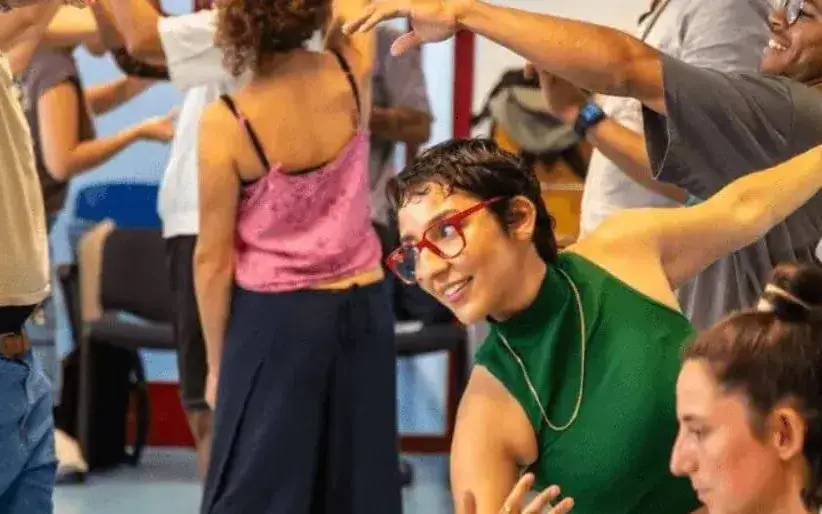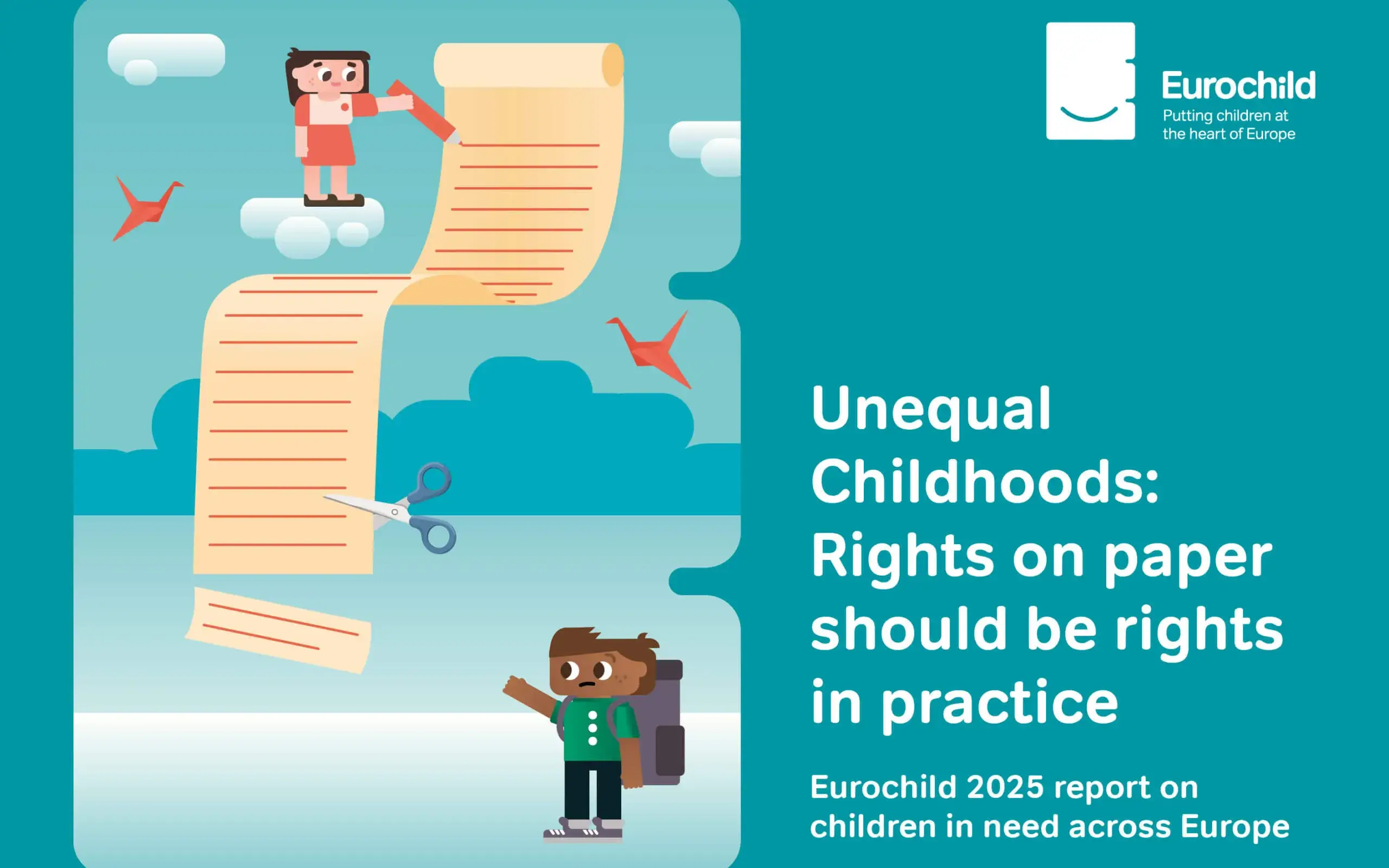
Susana Marinho, Coordinator of the Maia Volunteer Centre, and Mónica Babo, a member of the Centre, share how Maia is preparing to become the European Volunteering Capital 2026. Together, they discuss the challenges, goals, and hopes for strengthening volunteering across Europe.
What does it mean for Maia to have been chosen as the European Volunteering Capital 2026?
It has been a great honour for Maia to be chosen as the European Volunteering Capital 2026, but also a great responsibility. It was the recognition of the city's strong commitment to civic engagement for the promotion of social cohesion and equal opportunities, regarding to build a more supportive and inclusive society, where everyone counts and is important.
This title is not only a celebration of past efforts and of the long tradition of volunteering in Maia, but also a powerful motivation to strengthen volunteering in the future. It will increase the visibility and the recognition of volunteering in Maia, in our region, in our country and in Europe. It places Maia on the European map as a reference city in building a more compassionate and participatory society.
What are the main objectives you have set for this period?
The main objectives we have set for this period are to reinforce the importance of collaboration between citizens, local organizations, and public institutions, to inspire even more people in Maia to get involved, contribute with their time and talents, and empower the future of their communities.
Maia plans to promote inclusive volunteering, encouraging participation from people of different backgrounds, ages, and abilities.
How do you plan to use this title to strengthen the culture of volunteering in the city and the region?
This title will allow us to build stronger networks between local authorities, volunteer-involving and volunteer infrastructure organisations and increase citizen involvement in volunteering actions, reinforcing a true commitment of them all. We aim to promote the quality of volunteering, to increase its impact and value.
Being the European Volunteering Capital 2026 will serve as a catalyst to reinforce the power of volunteering in building more inclusive, supportive, and resilient communities. It gives us extra motivation to implement projects and programs that we believe are important for promoting social change and personal development.
We will invest in education and awareness campaigns to show that volunteering is a powerful tool for social change and personal development.
What values do you wish to convey to Europe through your project?
We want to promote solidarity, in a time when many communities face social and economic challenges, volunteering represents a powerful tool to build bridges, create hope, and promote positive changes.
We also aim to highlight the value of active citizenship, where every individual feels empowered to contribute to the common good, exercising democratic participation and civic responsibility.
In our volunteering strategy, programme and practises, we support the values of social inclusion, diversity and non discrimination, compassion, respect for human rights and dignity, animal rights, responsibility, social justice and democracy.
What programs, initiatives, or concrete projects do you plan to develop in 2026?
In 2026, we will proudly hold the title of European Volunteering Capital, and we are preparing an ambitious and inspiring programme that reflects the energy, diversity, and commitment of our local volunteering ecosystem.
The year will begin with the Opening Ceremony, setting the tone for a full calendar of events, initiatives, and celebrations. At the end of this special year, we will host a Closing Ceremony, which will reflect on the achievements, share success stories, and reinforce the legacy of volunteering in our municipality.
One of the highlights of the year will be the hosting of the Spring Congress of the European Volunteering Centre (CEV). As part of the Congress, we will organise a series of study visits to local organisations that run impactful volunteering projects, giving participants the chance to see first-hand how volunteering transforms lives and communities.
In 2026, we will also launch the international project "Cycling Without Age" (Pedalar Sem Idade) in our city. This initiative promotes inclusion, dignity, and active citizenship by giving elderly people the opportunity to enjoy bike rides and connect with others.
We will continue to invest in training for both volunteers and volunteering organisations.
We are also proud to continue promoting our "Volunteering in Education Award" (Galardão Voluntariado no Ensino). In the current edition, we received six applications from educational institutions. In 2026, we hope to see this number grow significantly, as we encourage more schools and students to engage in community service.
Among the many events planned, we will organise a dynamic Volunteering Fair, where national and international organisations will have the opportunity to showcase their missions, connect with the public, and attract new volunteers.
What impact do you expect this recognition to have on Maia’s social, economic, and cultural fabric?
Socially, we believe this recognition will create a stronger sense of community and belonging. By placing volunteering at the heart of civic life, more people will feel motivated to take an active role in contributing to the wellbeing of others, to the protection of animal life and nature and to promote our world’s sustainability.
This recognition will help foster a more inclusive, supportive, and compassionate society, where solidarity is a shared value across generations.
We expect that in terms of economic fabric, it will stimulate local development through increased collaboration between civil society, businesses, and public institutions. Volunteering contributes to social innovation and value, leading to new partnerships, and greater community resilience, reducing pressure on public services by addressing local challenges proactively.
Culturally, this title will highlight the richness of Maia’s civic life and creative energy. In our city, volunteering often intersects with culture, education, and heritage.
International exchanges and events will also promote cultural dialogue and open Maia to new ideas and experiences.
What are the main barriers to engaging more people in volunteering activities?
One of the main barriers we face in engaging more people in volunteering activities is that it is sometimes difficult to find a good match between the volunteer’s profile, interests, and availability, and the specific needs of volunteering organisations. Some people may have the motivation but lack the specific skills required, or their schedule may not align with the times when help is needed.
A lack of time is also a significant barrier for many people when it comes to getting involved in volunteering. Our busy lifestyles, combined with limited information about volunteering and how it can contribute to our well-being and happiness, make it difficult to commit to volunteering on a regular basis.
What message would you like to send to young Europeans about the importance of volunteering?
To all young Europeans we would like to say that volunteering is much more than simply giving their time — it is an opportunity to grow, to connect, and to shape the future of the communities they live in. While the immediate goal of volunteering is often to help others or support a cause, the impact it has on volunteers themselves is equally powerful — and scientifically proven.
Through volunteering, you can acquire new skills and develop valuable competencies that will serve you well both personally and professionally.
Volunteering also allows them to broaden their social networks. They meet people from different backgrounds, cultures, and age groups, forming connections that can lead to new friendships, opportunities, and a greater sense of belonging.
But perhaps one of the most overlooked aspects is that volunteering improves their own well-being. Studies show that those who volunteer regularly experience higher levels of happiness and self-esteem, and lower levels of stress and anxiety. Helping others brings a sense of purpose and satisfaction that few other activities can match.
So, the message is clear: get involved. Not only will you make a real difference in the lives of others, but you will also shape your own path, grow as a person, and help build a stronger, more united Europe.






Add new comment